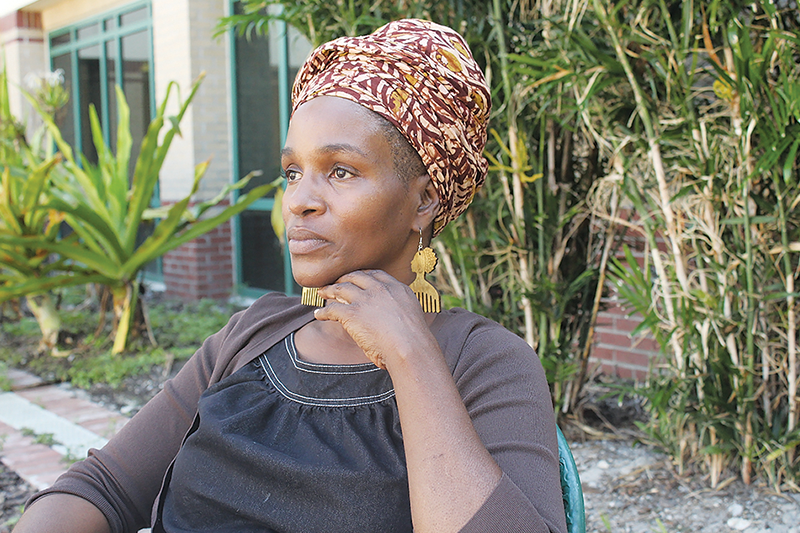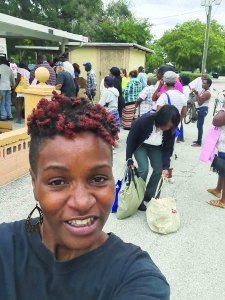Angela Brown versus the system


 Hoffman then demanded that she leave the airport. After she refused to leave without knowing the whereabouts of her daughter, Hoffman, approximately six feet tall and 200 pounds, then walked around the customer service counter, grabbed Brown’s right arm, twisted it behind her back, put a handcuff on her and pinned her against a planter while attempting to gain control over her left arm.
Hoffman then demanded that she leave the airport. After she refused to leave without knowing the whereabouts of her daughter, Hoffman, approximately six feet tall and 200 pounds, then walked around the customer service counter, grabbed Brown’s right arm, twisted it behind her back, put a handcuff on her and pinned her against a planter while attempting to gain control over her left arm.